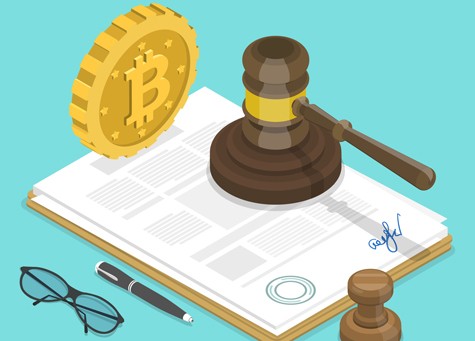
.
A recent study by the University of Queensland found that 1.5 million Australian cryptocurrency owners are uncertain whether their digital assets are tax-free.
The Tax Office would pursue all cryptocurrency owners who failed to meet their tax obligations, according to the study.
The study also noted cryptocurrency owners were set to find out the “hard way” that their assets are not tax-free, as the 31 October deadline loomed.
The research consisted of 745 coin holders and found that 66 per cent were aware they would need to pay tax on their cryptocurrencies if sold at a profit.
Eight per cent were unaware they would need to pay tax and a further 25 per cent were unsure.
It was highlighted that 64.5 per cent of the ‘unsure’ group were women.
The study said with an estimated 4.5 million cryptocurrency owners in Australia, 33 per cent would be unclear on tax obligations.
This would equate to 1.5 million coin holders who wouldn’t have budgeted for the required tax payments.
“Australians may not be fully aware of the potential tax consequences and may experience adverse events, which leave them financially vulnerable,” the study said.
“If investors are not aware, they may omit this on their annual tax return and be contacted by the Australian Taxation Office later when discovered.”
Results demonstrated that 49 per cent of ‘unaware’ respondents were tertiary educated, which experts noted as “surprising.”
Following the study, experts warned cryptocurrency owners to conduct due diligence before investing and to educate themselves on potential risks and how to avoid them.
Leading crypto analyst Sydel Sierra said it is vital coin holders understand the rules around cryptocurrency and that ignorance was no excuse.
“The reality is that cryptocurrencies are treated as personal income in Australia rather than a currency, which means when you sell, it will be subject to tax if there’s a capital gain,” Sierra said.
“This might come as a shock or frustrating if you didn’t know the ATO would come knocking, but the plus side is that the taxman only takes a percentage, not the whole lot.”
Taxable crypto amounts relied on personal income and would be treated as part of it, according to Sierra.
“If you’re a high earner in the top bracket, you’ll pay 45 cents to the dollar on your gains – that’s your reward for being independently wealthy.”
“The asterisk to all this is, if you sell your crypto after holding it for longer than a year, you’ll be eligible for a 50 per cent discount, meaning only half of your profits would be taxed.”
Imogen Wilson
28 October 2024
accountantsdaily.com.au
Do you have a question about something you've read in this article? Need more information? Want to book an appointment? Simply let us know below and we'll get back to you ASAP.